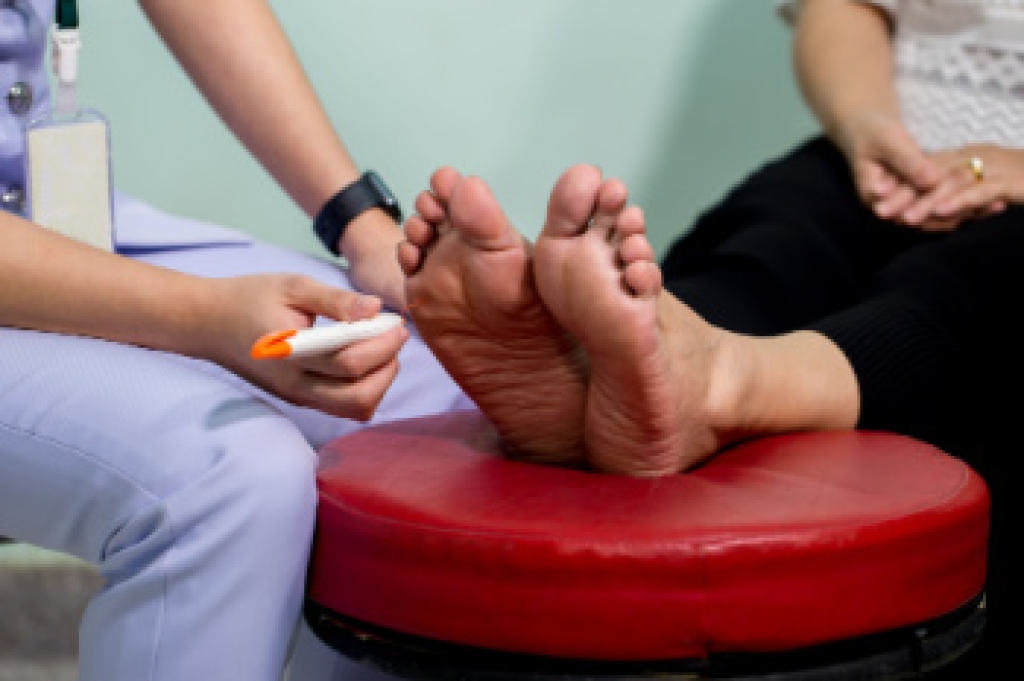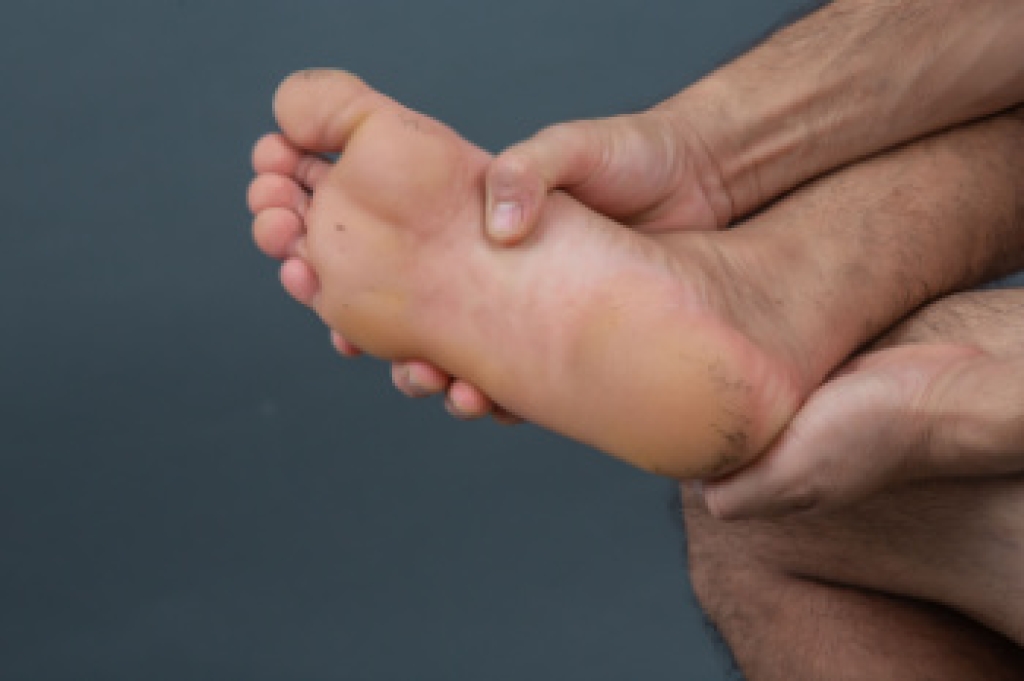
Recovering from ankle surgery requires patience and proper care to ensure the best outcome. After the procedure, it is important to follow your podiatrist’s instructions closely to prevent complications and promote healing. In the first few days, rest is vital, and the foot should be elevated to reduce swelling. Ice can also help manage swelling and pain. Depending on the surgery, a cast or boot may be prescribed to immobilize the ankle and support the healing process. Specific stretches and exercises are often recommended once the initial healing phase is over, helping to restore strength, flexibility, and mobility. Full recovery can take several months to a year, depending on the severity of the injury and intricacy of the surgery. Throughout the recovery process, avoiding weight-bearing activities and carefully performing rehabilitation exercises are key to ensuring the ankle heals properly and that normal function is restored. If you have ankle pain, it is suggested that you consult a podiatrist who can discuss whether ankle surgery is right for you.
Foot surgery is sometimes necessary to treat a foot ailment. To learn more, contact one of our podiatrists of DeCaro Total Foot Care Center. Our doctors will assist you with all of your foot and ankle needs.
When Is Surgery Necessary?
Foot and ankle surgery is generally reserved for cases in which less invasive, conservative procedures have failed to alleviate the problem. Some of the cases in which surgery may be necessary include:
- Removing foot deformities like bunions and bone spurs
- Severe arthritis that has caused bone issues
- Cosmetic reconstruction
What Types of Surgery Are There?
The type of surgery you receive will depend on the nature of the problem you have. Some of the possible surgeries include:
- Bunionectomy for painful bunions
- Surgical fusion for realignment of bones
- Neuropathy decompression surgery to treat nerve damage
Benefits of Surgery
Although surgery is usually a last resort, it can provide more complete pain relief compared to non-surgical methods and may allow you to finally resume full activity.
Surgical techniques have also become increasingly sophisticated. Techniques like endoscopic surgery allow for smaller incisions and faster recovery times.
If you have any questions, please feel free to contact our office located in West Hatfield, MA . We offer the newest diagnostic and treatment technologies for all your foot care needs.




